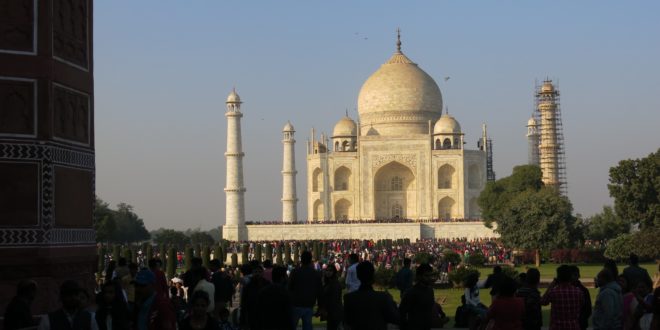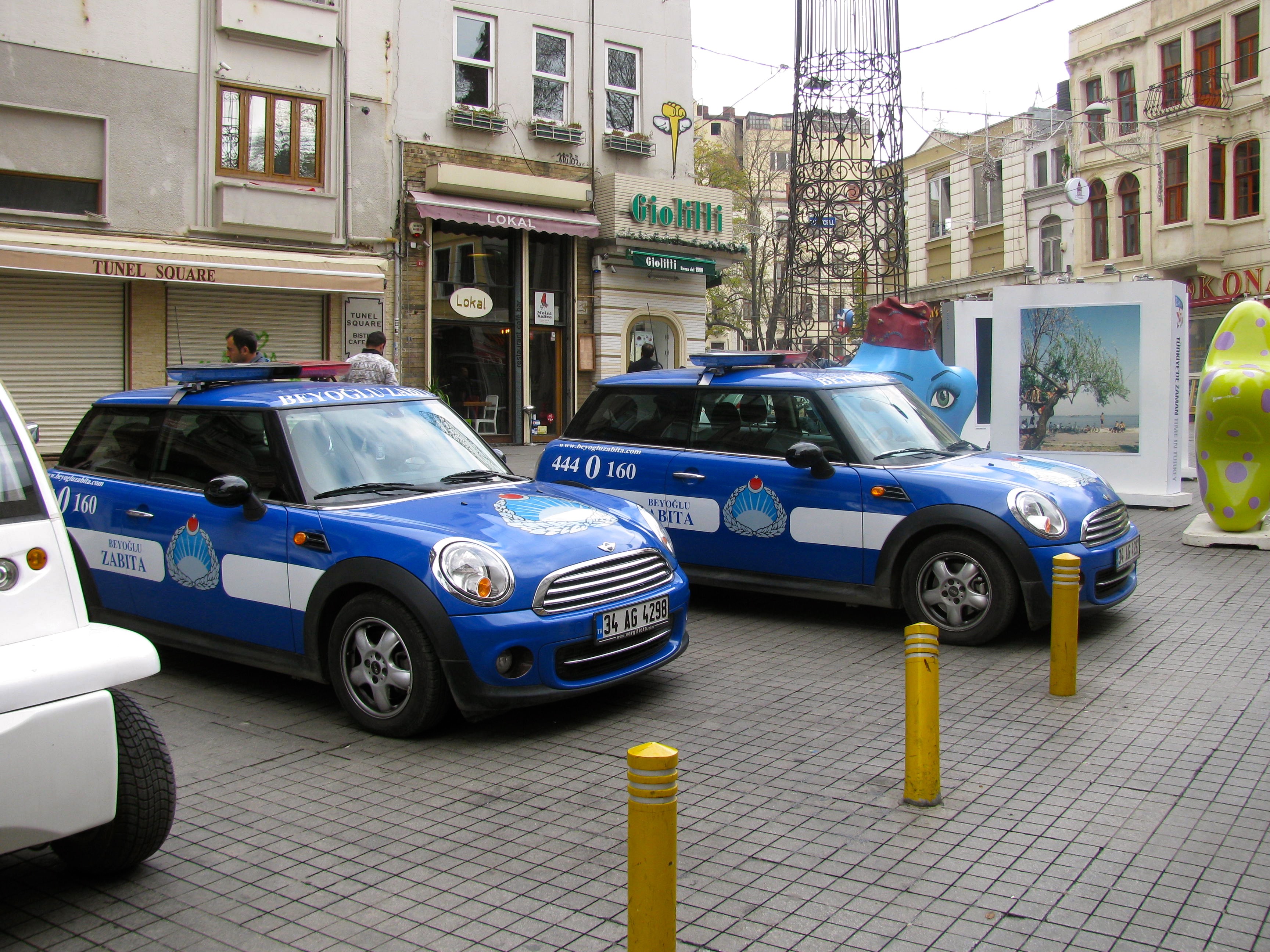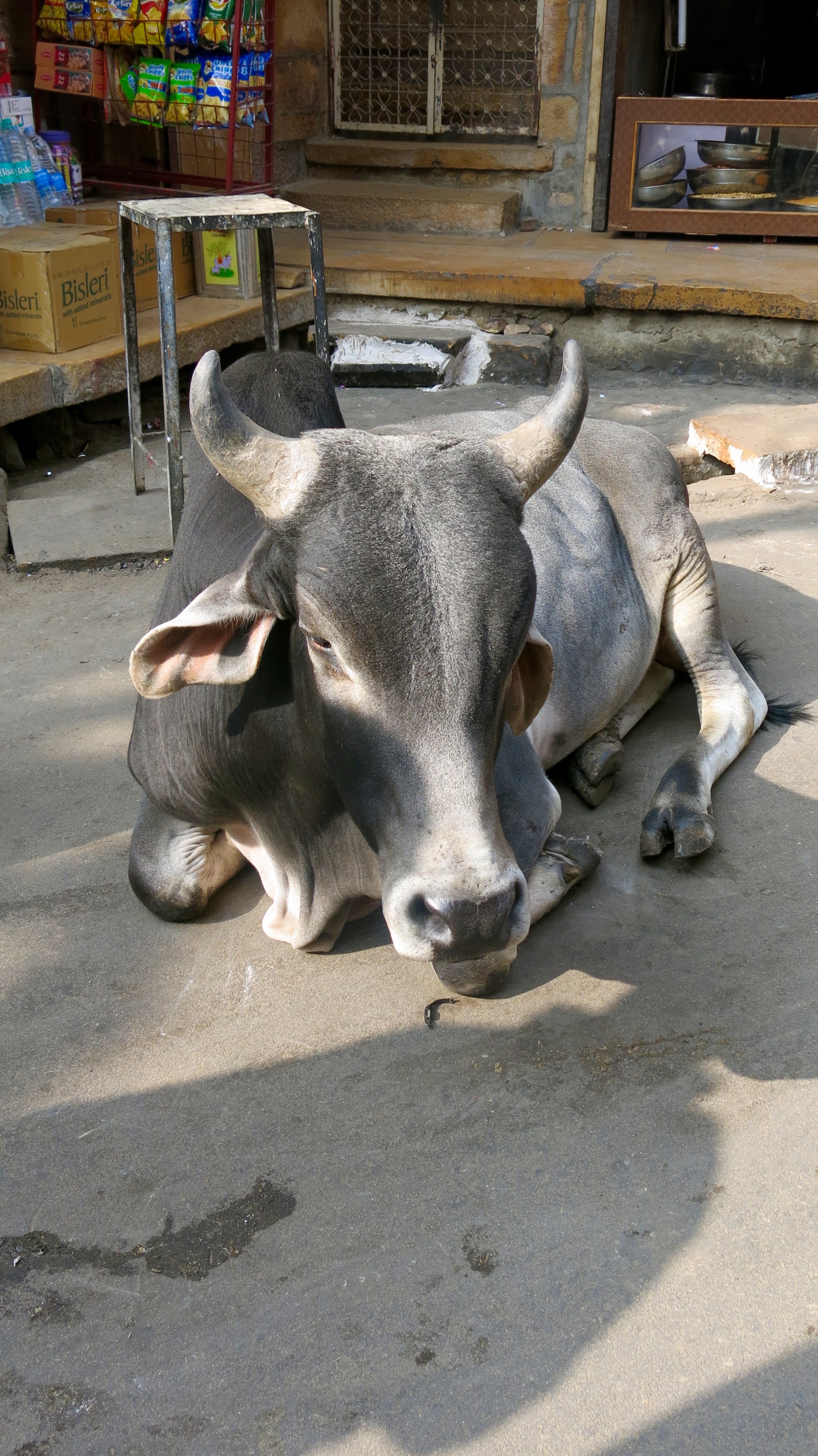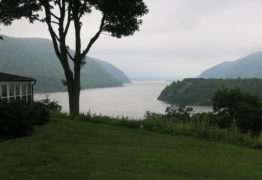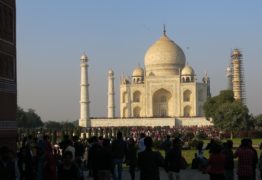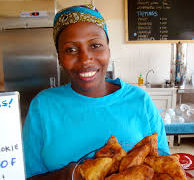My Indian sister- and brother-in-law were so impressed they were dumbstruck. It was 2012 and they had just returned to our Istanbul apartment from a ten-day tour of Turkey. Before their visit, they had viewed Turkey as a poor country. Poor and agricultural. But what they found was far from that. The country was squeaky clean, with prosperous homes and swept, orderly streets. People dressed well, they spoke well, they had good teeth. Full of smart-looking manufacturing facilities, Turkey had clearly moved beyond its agricultural roots.
At dinner that evening, we talked about Turkey, my sister- and brother-in-law shaking their heads in wonder—and envy. They wished that India, in the same time period, could have made this much progress.
After living somewhere for awhile—or visiting a place multiple times—you start to develop opinions. I’ve been to India eight times, most recently this past month, and Turkey was my home from 2010 to 2013. Here, in an attempt to cross-pollinate, I present some comparisons and contrasts. Caveat: terrorism currently affects both countries, Turkey more so at this moment. That topic—and an evaluation of top leadership in both countries—is beyond the scope of this essay. So, please try to disengage from recent perceptions as depicted in the media.
Turkey, which emerged in the late 1940s from military dictatorship, strikes visitors as an orderly place. Turks enjoy smooth roads, clean air, and firm law enforcement. Few bars on windows indicate that the country feels fairly secure from petty crime. Turks revere the idea of government and laud the person who pays the most taxes each year.
India, with a democratic tradition also dating to the 1940s, appears chaotic. Garbage lies in the streets. Cities seem unplanned. The air in cities like Delhi is foul. Indians seem to expect little from their government. My husband long ago told me that his middle-class family does not vote. Why? Because their votes are swamped by the vast, poverty-stricken majority.
Turkey was never colonized. Indeed as Ottomans, Turks were themselves colonizers for centuries. India was colonized, primarily by the British, for over three centuries. Both countries, in throwing off their pasts, went through population exchanges. Turkey in 1923 expelling its citizens of Greek origin, and India in 1947, when Pakistan was created. Apprentices of the great Turkish architect, Mimar Sinan, helped design the Taj Mahal.
Nearly all of Turkey’s citizens are Muslims, and its Kurdish minority looks and worships just like the Turkish majority. By contrast, all religions reside on the Indian subcontinent: Hinduism, Islam, Christianity, Sikkism, Jainism, Zoroastrianism, Buddhism. You can be on the steps of a Hindu temple and hear the Muslim ezan loud and clear. It is surely easier to govern, easier to get citizens to pull together, in a homogenous country.
Turkey is most impressive in that it accomplished so very much in the middle years of the twentieth century. While India has also made progress, what impresses me most about that country is the creativity and brainpower of the people it sends to the U.S. Surely no other immigrant group in the U.S. has been so dazzlingly successful.
Two countries with much to admire: India for its brilliant human exports and Turkey for its successful, up-by-the-bootstraps century.
I would rather live in Turkey than in India. But I do think that homogenous countries are at a disadvantage in today’s world. There is simply a dearth of different ideas, and citizens are not called on to be flexible and creative. Turkey should loosen up a little in order for the full flower of its people’s creativity to blossom. Now that you have mastered control, Turkey, start learning to embrace complexity and diversity. Open yourself to diversity, to messiness, and even to a little dirt. It will be good for your soul.
People from heterogenous countries are wizards of adaptability. That trait helps them as they go out into the world and that, I believe, is the secret of the Indian sauce. Nice work, Indians, but do try lift up those who work for your public sector. Without good government, life can be nightmarish.
